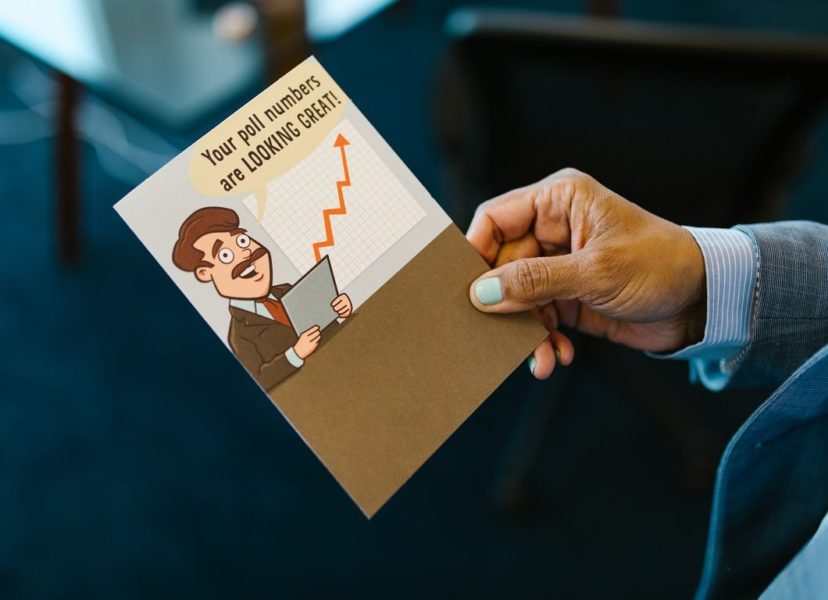At what point does the media conclude election polling does more harm than good to democracy
Election polls are an unavoidable part of any national political campaign. Since the 1920s, when Gallup began polling public opinion, these surveys have become essential to a nation’s political process. Throughout a campaign, candidates and their teams often ask for the public’s opinion on various issues. After a campaign, pollsters will use their surveys to predict which party will be victorious in the upcoming elections. However, this is a difficult task since polls are only as accurate as the information they contain.
One problem that pre-election polls have is that they’re generally considered to be somewhat biased. This is because polls tend to oversample certain groups or demographics. For example, early election polling tends to favour Conservatives by underrepresenting Democrat voters. Polls also tend to skew toward older people and often under-represent marginalized communities of people of colour. Many other factors can lead to bias in pre-election polling; each poll is different and is subject to sampling errors and potential biases.
Any survey can be improved by taking a close look at its methodology. The most common methodology used in national election polls is telephone sampling. However, there are several other options available to pollsters. Online polling is perceived to be more accurate but is far less popular among surveyors. Either method allows pollsters to reach respondents easily and enable the polling companies to select who participates in the surveys, which can also fit the narrative of the company or candidate that commissioned the polls. Other factors that should be considered are the number of participants and the questionnaire length. Naturally, a larger sample size will yield a more reliable result, while brief questionnaires will yield more-current answers that are less representative of the community.
Because polling companies have trained the media and society to believe they are essential to a country’s political system, they are not. They are often littered with biased factors. Using consistent methodology helps ensure that future polls are accurate and representative of public opinion. Ultimately, polls shape a narrative and can arguably harm democracies as they do not reflect the majority and how they feel about government policy.









